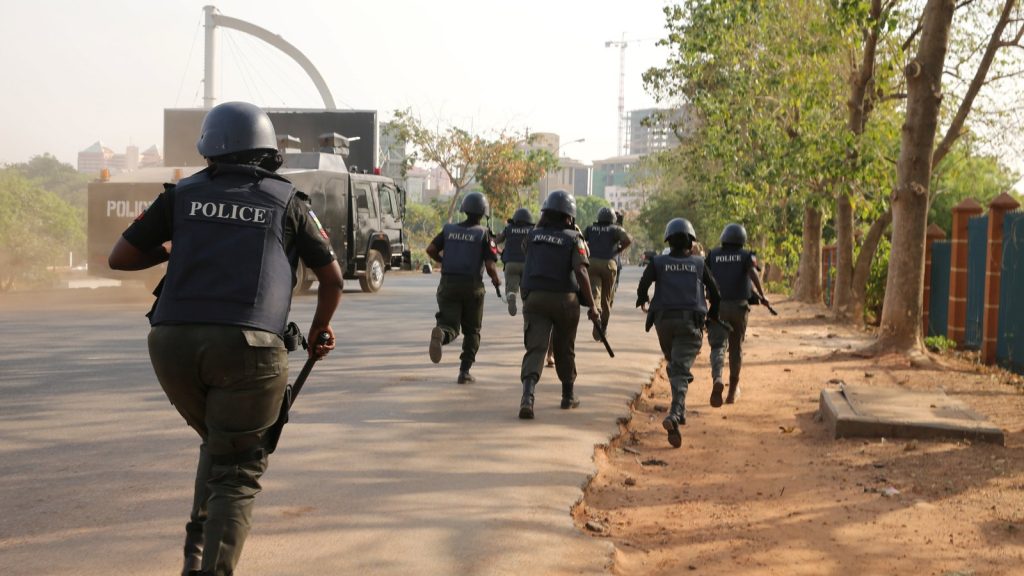Devastating floods have ravaged the Mokwa Local Government Area of Niger State, leaving a trail of destruction and claiming over 200 lives. In the aftermath of this tragic event, the Niger State Government has pointed to a need for attitudinal change as a key factor in the recurring flood incidents in the state.
According to Ibrahim Hussaini, Acting Director-General of the State Emergency Management Agency, the people’s reluctance to relocate from flood-prone areas is a significant challenge. In a statement made on Sunrise Daily, a program on Channels Television, Hussaini emphasized that both the government and the people are aware of the areas at risk of flooding. However, he noted that “the problem we have with the people is that of attitudinal change; they are attached to their places of settlement.”
This attachment to their homes and communities, despite the known risks, exacerbates the situation, making it difficult for the government to implement effective measures to prevent or mitigate the impact of floods. The latest incident has brought to the forefront the urgent need for a shift in mindset and behavior among the affected populations.
Meanwhile, speculation about the cause of the flood has been addressed by the federal government, which has categorically denied that the incident was the result of a dam break or water spill from nearby reservoirs. The government has assured that both the Kainji and Jebba dams are functioning normally and do not have any problems, thereby ruling out any possibility of their involvement in the flood.
As the state grapples with the aftermath of this disaster, the emphasis on attitudinal change underscores the complex interplay of factors contributing to flood risks. It highlights the need for a multifaceted approach that includes not only infrastructural and policy measures but also community engagement and education to foster a culture of resilience and preparedness among the populace. The devastating impact of the floods in Niger State serves as a stark reminder of the importance of proactive and collaborative efforts to mitigate such disasters, ensuring the safety and well-being of communities across the region.



